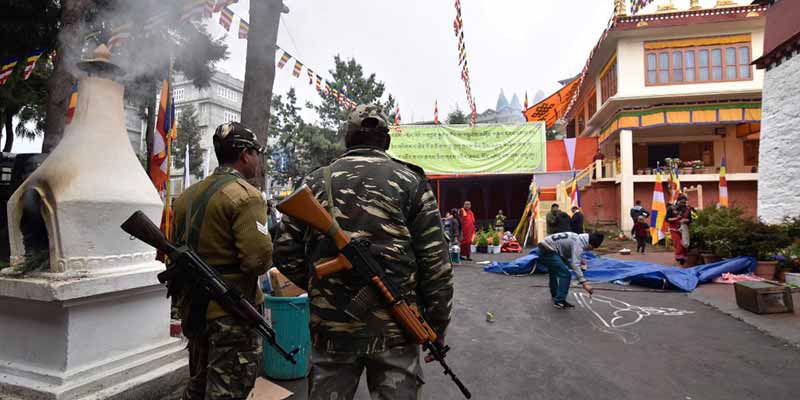- India
- Dec 07
What is AFSPA?
• Nagaland Chief Minister Neiphiu Rio demanded repeal of the Armed Forces (Special Powers) Act, known as AFSPA, following the killing of civilians in Nagaland.
• At least 14 civilians and a soldier were killed in a botched anti-insurgency operation and retaliatory violence over the weekend in Mon district of Nagaland.
• The Nagaland government decided to call off the ongoing Hornbill Festival in protest against the killing of 14 civilians. The 10-day Hornbill Festival, the state’s largest tourism extravaganza held at Naga Heritage Village in Kisama near the state capital, was scheduled to end on December 10.
• Meghalaya Chief Minister Conrad K. Sangma said AFSPA has been counterproductive to address law and order issues in the Northeast region and should be repealed as he joined the growing chorus for its withdrawal.
• Civil society groups, rights activists and political leaders of the region have been demanding the withdrawal of the law for years, alleging excesses by security forces with impunity under the cover of the Act.
What is AFSPA?
• Law and order is a state subject. However, the central government is supplementing efforts of the state governments for curbing the illegal and unlawful activities of militant/insurgent groups of Northeast states through various measures.
• These include deployment of Central Armed Police Forces, reimbursement of security related expenditure (SRE) to the state governments under SRE scheme, central assistance to the state governments for modernisation of state police forces, sanction of India Reserve Battalions, banning the Unlawful Associations operating in NE region under UAPA, declaring specific areas/states as “disturbed areas” for the purpose of AFSPA and issuing notifications for Unified Command Structure.
• The Armed Forces (Special Powers) Act was enacted in 1958 to enable certain special powers to be conferred upon the members of the Armed Forces in the disturbed areas in Assam and Manipur. It was amended and extended to Arunachal Pradesh, Meghalaya, Mizoram, Nagaland and Tripura.
• Currently, the AFSPA is in force in Assam, Nagaland, Manipur (excluding Imphal Municipal Council area), Arunachal Pradesh’s Changlang, Longding, Tirap districts and areas falling within the eight police stations at the Assam border.
• The AFSPA gives the Armed Forces sweeping powers to search and arrest, and to open fire if they deem it necessary for “the maintenance of public order”.
• AFSPA is imposed in areas where Armed Forces are required to operate in aid of civil authorities.
• For AFSPA to become valid, an area, however, needs to be declared “disturbed” either by the central or the state government under Section 3 of the 1958 Act.
Manorama Yearbook app is now available on Google Play Store and iOS App Store

